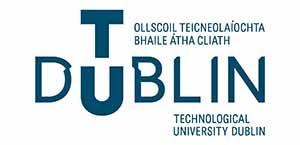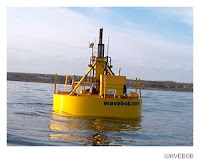
by Richard Gallery
Head of the Department of Engineering, ITB
I've always been interested in why things happen, which, in my case, makes engineering a career in which every day at college or at work brings something interesting to think about or do. My time in college was most enjoyable, combining learning about fascinating technology and its application, along with an appreciation of all of the other aspects of college life.
After college, I went to work as a research scientist with Philips Electronics, focussing on embedded systems and virtual reality. It was hard work (but it never felt like that) as we were working with leading edge (we called it Bleeding edge because it could be so unreliable) technology to make applications that had only been dreams in people’s minds before that. Amongst other projects, we produced an interactive immersive virtual reality experience for SIGGRAPH (the premier conference in the field of graphics) in which artificial intelligence driven 3D dragon flies played soccer against each other and against participants.
Over the years I was fortunate enough to witness (and participate in in some cases) many key aspects of technology under development, the first screening of high-definition TV back in the 90's, early DVD technology as my colleagues worked to turn the technology into reality, the development of the internet for mobile devices, the development of LCD screens for TV. Later I worked for the Irish company (part of Philips back then) Silicon and Software Systems, where I led a team that developed a DSP music application for the Chinese DVD market (actually, it was a karaoke machine, which, given my west Clare roots, growing up surrounded by wonderful traditional Irish Music, has left me always feeling uneasy about this one).
In 1999 a new aspect of my career commenced, working at ITB, developing and delivering Engineering courses aimed at helping ITB meets its mission to D15 and its hinterland. It’s been different, but fascinating in many ways. In order to teach something you really have to understand it deeply, and consequently being a lecturer has only acted to increase my knowledge of the theory and practice of engineering. I can't say I don't miss the buzz of developing real-time embedded graphics and audio systems, but working in ITB brings its own satisfaction, I’ve been involved in numerous projects and activities at ITB, including several research projects, and, for 4 years, have been Head of Department of Engineering at ITB. However I am in no doubt that the highlight, for me is the opportunity, once a year, to congratulate our graduates after the annual graduation ceremony.














